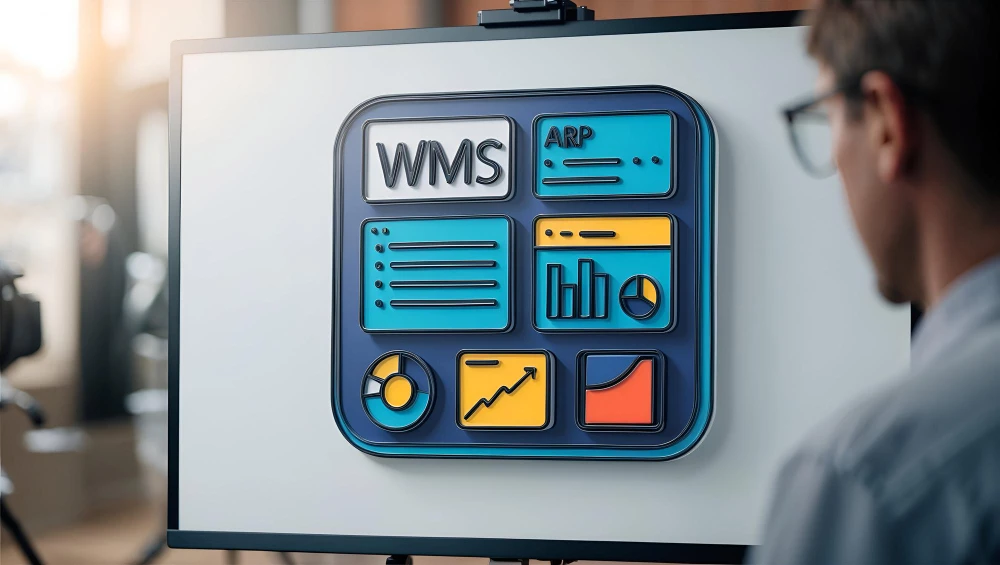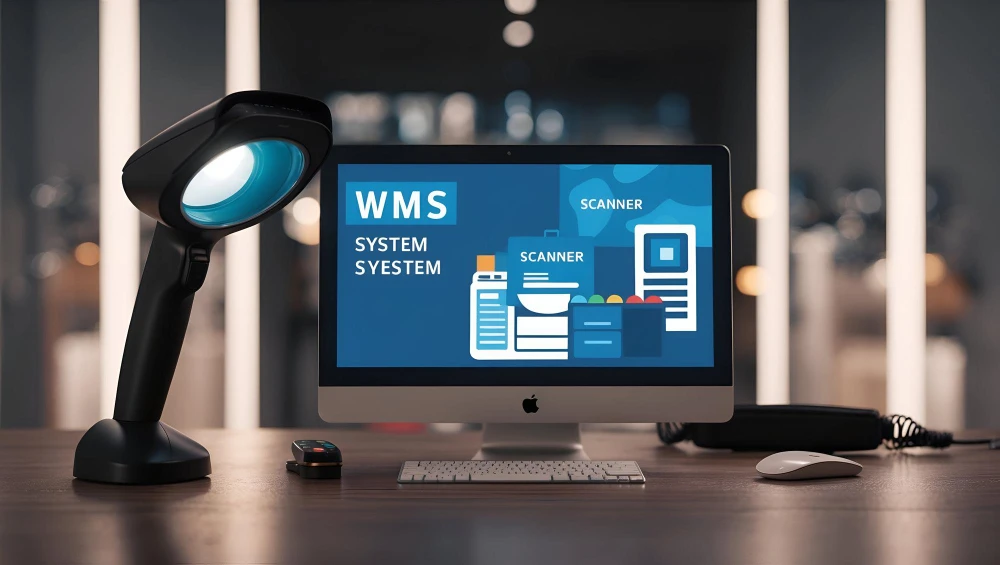The decision to put a foundation under your business website is probably the most vital choice you will ever make. Your website's capabilities, safety, scalability over time, and costs are all determined by the choice you make. The most common dilemma that business proprietors grapple with is whether they should construct their website on a popular Content Management System (CMS) such as WordPress or if they should procure a totally customized solution. Both methods entail their pros and cons greatly. This handbook will guide you through the core differences and allow you to decide which way will lead you to your business goals.
WordPress is the driving force behind more than 40% of all websites on the web, and there is a reason for that matter. It is a powerful, flexible and user-friendly platform that is perfectly suitable for a wide range of businesses.
User-Friendly and Accessible: WordPress boasts of a massive community and an extensive library of plugins and themes. Managing content, engaging new pages and installing new features can all be done in a snap by non-coders.
Lower Initial Cost: Generally, the initial investment in a WordPress site is usually significantly less than a custom-built site, as most of the themes and plugins are either free or come at an affordable price.
Wide Plugin Ecosystem: Whatever feature you may need, be it from a store to social media, there is probably a plugin already built for it. This makes it quite simple to have the features you want to be added quickly and inexpensively.
Security Risks: WordPress, being the most popular, is always on the target list for hackers. If you install multiple third-party plugins, there is a likelihood that they could be security loopholes if you do not handle the updates responsibly.
Performance Issues: A website loaded with too many plugins and unoptimized themes can become sluggish and bloated, which can negatively affect user experience and SEO ranking.
Limitations in Design: Although themes provide an excellent launching pad, they have their restrictions in terms of true customization. Usually, getting big changes done means you need a developer, and that can be a lot more complicated than with a custom-built platform.

A custom-built site is a product of coding from scratch to satisfy your exact needs. It is a decision to have a distinct and personalized online platform.
Tremendous Control and Originality: In the case of a custom website, nothing hinders your creativity and functionalities but your own imagination. You get a site that is not only totally different from the rest but also mirrors your brand perfectly, minus the limitations of a pre-designed theme.
More Secure: As the code is not available to the public, a custom site is less vulnerable to typical security flaws and attacks.
Scalability and Performance: Custom websites are crafted to be simple and efficient. There is no unnecessary code that results in super-fast loading speeds and the possibility of expansion without any performance problems as your business grows.
More Initial Investment: Constructing a custom site requires a lot more money than building a WordPress site because of the time and expertise involved.
Slow Development Process: The timeline for a custom build is longer for planning, coding, and testing before the go-live.
You will Require a Professional to Maintain Your Site: All changes and updates will rely on a developer as there isn't an easy-to-use CMS for your site.

One of the great things is that SEO can fully optimize both WordPress and custom websites. The platform itself is not an SEO magic wand. SEO success depends on how well the site is constructed. A well-written custom site could seamlessly achieve the technical part of SEO whereas a WordPress site complemented with the right plugins (such as Yoast SEO or Rank Math) might be just as powerful. The trick is to clean the site code, make it fast and have the content organized in such a way that even a tool can do it.
The selection is completely dependent on what your business needs, available funds, and far-reaching plan. At Itsprowebsite, we don't believe that one solution fits all.
We are basically the people managing the WordPress CMS as well as Custom Web Development. We are open and straightforward during consultations with our clients as we provide no face.
Our WordPress solutions are perfect if you intend to start a fast launch with a blog or portfolio that is easy to manage.
If your company needs to function in an entirely different way, the user's path is complicated, or you must be able to handle a great amount of traffic that is completely secure, then the custom development team at our disposal, is ready to create a solution just for you from the very beginning.
By getting the help of Itsprowebsite, you have an expert team at your disposal to build exactly the platform you want to which your requirements are met thus making your website optimize for performance, security, and long term success.
For most businesses, WordPress is the more affordable option upfront. The initial costs are lower because it utilizes pre-built themes and plugins, which significantly reduces development time. Custom development, on the other hand, involves building a website from scratch. This requires more time and specialized expertise, leading to a higher initial investment, but it provides a solution perfectly tailored to your specific needs.
WordPress offers a much faster time-to-market. With a vast library of themes and plugins, a functional and visually appealing website can be set up, customized, and launched in a fraction of the time it takes to build a custom site. A custom development project is a more meticulous process involving extensive planning, design, coding, and testing, which naturally extends the timeline before launch.
If you require unique features, complex integrations with other software, or a highly specific user workflow, custom development is the superior choice. It offers limitless flexibility, allowing developers to build any feature exactly to your specifications. While WordPress is highly customizable with plugins, you are still working within the framework's limitations, and complex or unique functionalities might be difficult or impossible to achieve without significant workarounds.
WordPress requires regular, ongoing maintenance. This includes updating the core CMS, themes, and plugins to patch security vulnerabilities and ensure compatibility. Because of its popularity, WordPress is a frequent target for hackers, making diligent security practices essential. A custom-built site generally requires less frequent maintenance, as there are no third-party plugins to update. Security is often more robust because the code is proprietary and not widely known, making it a less common target for automated attacks.